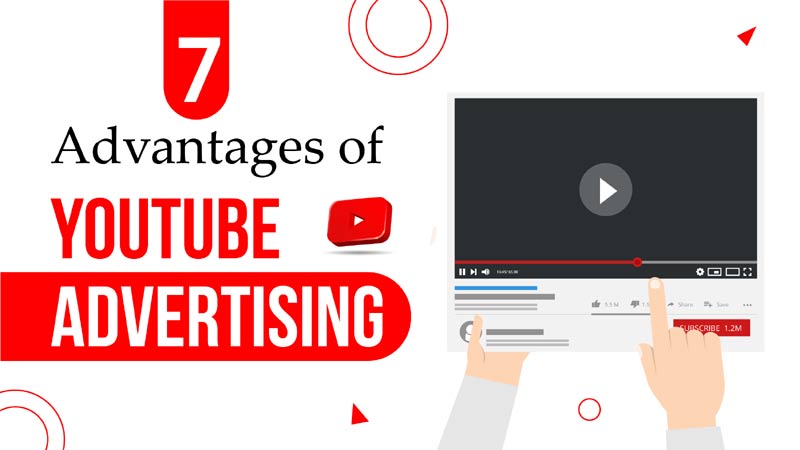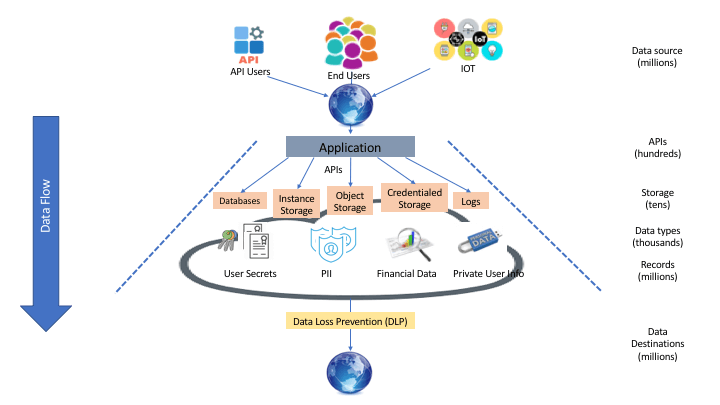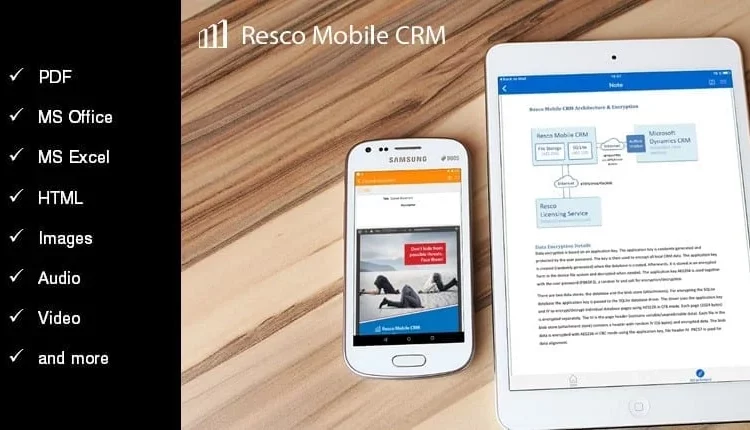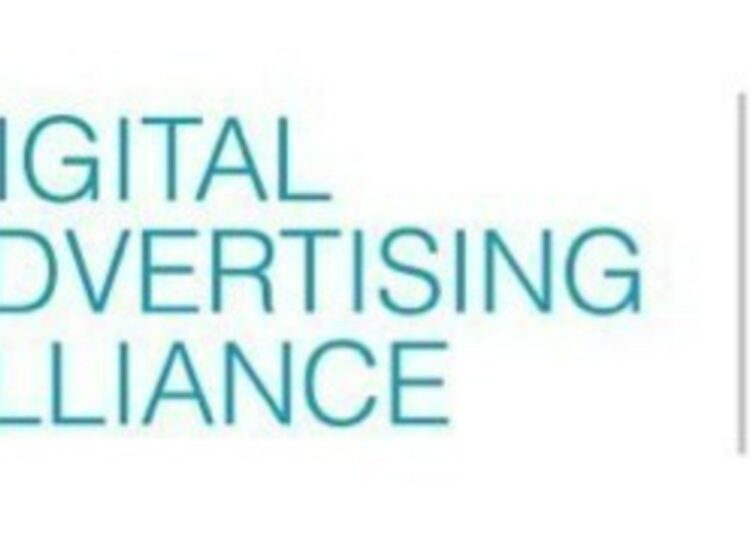The rise of social media, e-commerce, and data-driven marketing has transformed the industry, demanding a new breed of professionals with specialized skills. Online marketing degrees are responding to this shift by offering tailored programs that equip students with the tools needed to navigate this dynamic landscape. Whether you are seeking to advance in your current role or pivot to a new career, an online marketing degree can provide the flexibility and knowledge necessary for success in today’s competitive job market.
Toc
Why Choose an Online Marketing Degree?

Online marketing degrees offer the flexibility to study at your own pace, from anywhere with an internet connection, making it an ideal option for students with busy schedules or who live far from traditional campuses. For example, a working professional with a family might find it difficult to attend traditional classes on campus. An online marketing degree allows them to study at their own pace, fitting their coursework around their existing commitments. This can also be particularly beneficial for those who live in remote areas or lack access to traditional higher education institutions.
Moreover, many institutions offer competitive tuition rates and a range of financial aid options, including scholarships, grants, and student loans, making a marketing education more accessible to students from diverse backgrounds. For instance, according to a 2022 report by the National Center for Education Statistics, the average cost of tuition and fees for a four-year public college is $10,730 per year, while the average cost for a private college is $38,340 per year. Online programs often have lower tuition rates and fewer associated costs, making them a more affordable option for many students. However, it is important to note that some online programs can be more expensive than their traditional counterparts, so it is essential to compare costs carefully before making a decision.
Personalization is another significant benefit of an online marketing degree. Many programs offer a variety of specializations, allowing you to tailor your education to your career aspirations. For instance, a student interested in a career in social media marketing could choose a specialization in social media strategy, while a student interested in e-commerce could choose a specialization in digital marketing. This allows students to tailor their education to their specific career goals and gain a deeper understanding of the areas that interest them most. However, some students may find that the lack of face-to-face interaction can be a drawback, and they may prefer the social aspect of traditional campus-based learning.
Additionally, quality online marketing programs provide extensive career support services. From networking opportunities to job placement assistance and mentorship programs, these resources can help you navigate your career path with confidence and enhance your professional network.
What You’ll Learn in an Online Marketing Degree Program

Enrolling in an online degree in marketing offers a comprehensive curriculum designed to cover key areas of study that are essential for a successful career in marketing. Here are some of the primary subjects you can expect to explore:
Digital Marketing
Gain comprehensive insights into digital marketing channels, including email, social media, and content marketing. Learn how to create effective online campaigns that captivate consumers and drive conversions through well-planned strategies. Digital marketing encompasses a wide range of strategies and tools, making it crucial for any marketer to understand the rapidly evolving landscape. By mastering digital marketing, you’ll be equipped to navigate the digital space with confidence and creativity.
Understand the strategies behind successful social media campaigns, including audience targeting, content scheduling, and engagement metrics. You will learn how to effectively utilize platforms like Facebook, Instagram, and LinkedIn to enhance brand visibility, foster community engagement, and increase customer loyalty. As social media continues to be a cornerstone of modern marketing efforts, mastering it can significantly boost your career prospects, positioning you as a valuable asset in any organization.
Search Engine Optimization (SEO)
Discover the fundamental techniques to optimize websites for search engines and improve their visibility in search results. This includes conducting keyword research, implementing on-page optimization practices, and developing robust link-building strategies that boost search rankings. SEO is essential for driving organic traffic and ensuring that your content reaches the right audience, providing long-term growth and visibility for brands in the competitive online market.
Content Marketing
Learn how to create compelling content that resonates with target audiences and aligns with brand messaging. This area focuses on storytelling techniques, content creation processes, and distribution strategies that drive audience engagement and promote brand awareness. Effective content marketing can establish brand authority, foster customer loyalty, and generate positive word-of-mouth, making it a crucial component of any comprehensive marketing strategy.
1. https://rsnguyen.vn/mmoga-direct-mail-marketing-a-powerful-tool-for-modern-businesses
2. https://rsnguyen.vn/mmoga-mastering-internet-and-marketing-a-comprehensive-guide-for-business-owners
4. https://rsnguyen.vn/mmoga-find-the-right-internet-marketing-agency-for-your-ecommerce-business
5. https://rsnguyen.vn/mmoga-unleash-your-gaming-prowess-with-alienware-laptops
Marketing Analytics
Develop strong analytical skills to interpret data, measure the effectiveness of marketing strategies, and assess campaign performance. Understanding analytics is crucial for making informed, data-driven decisions and optimizing marketing campaigns for maximum impact. As data-driven marketing becomes the norm, being proficient in analytics can set you apart in the competitive job market, providing you with the tools to evaluate and improve marketing efforts continually.
Brand Management
Explore the core principles of brand development and management, including brand positioning, identity, and strategy. Learn how to build and maintain a strong brand identity that connects emotionally with consumers and differentiates a company from its competitors. A strong brand can drive customer loyalty and contribute significantly to a company’s long-term success, making brand management an indispensable skill for marketers in any industry.
Marketing Research
Gain the skills needed to conduct thorough market research, analyze consumer behavior, and identify emerging market trends. This knowledge is essential for making strategic, informed marketing decisions that align with consumer needs and market demands. Understanding your audience is key to crafting effective marketing strategies, ensuring that your campaigns are both relevant and impactful.
Advertising and Public Relations
Understand the fundamentals of advertising and public relations, including media planning, campaign execution, and message crafting. Learn how to craft effective messages and campaigns that promote products, enhance brand reputation, and manage public perception. These skills are vital for ensuring successful marketing initiatives and building positive relationships with both consumers and media outlets.
Emerging Technologies
The marketing landscape is constantly evolving, with new technologies emerging all the time. Online marketing degree programs are increasingly incorporating courses on emerging technologies such as artificial intelligence (AI), machine learning (ML), and blockchain. AI-powered marketing tools are becoming more prevalent, enabling marketers to automate tasks, personalize customer experiences, and gain deeper insights into consumer behavior. Machine learning algorithms can be used to predict customer needs and preferences, while blockchain technology can be used to create secure and transparent marketing campaigns.
These areas of study prepare students for a wide range of marketing careers, equipping them with the knowledge and skills necessary to excel in various roles within the industry.
Career Paths in Marketing

With a solid foundation in marketing principles and emerging technologies, graduates of online marketing degree programs have a wide range of career opportunities available to them. The rise of e-commerce and digital marketing has also led to a surge in demand for professionals with expertise in areas like search engine optimization (SEO), content marketing, and social media marketing. In fact, the U.S. Bureau of Labor Statistics projects a 10% growth in marketing and advertising jobs from 2020 to 2030.
Some popular career paths include:
Digital Marketing Manager
Digital marketing managers are responsible for developing and executing comprehensive online marketing strategies that align with overall business goals. They play a crucial role in driving brand awareness and increasing sales by leveraging various digital channels such as email marketing, social media, and search engines. By analyzing performance metrics and consumer behavior, they continuously refine their strategies to improve engagement and conversion rates.
Social media managers create and manage engaging content across platforms like Facebook, Instagram, Twitter, and LinkedIn, fostering strong connections with audiences and building brand loyalty. They are responsible for crafting a brand’s voice, ensuring consistency across all platforms, and coordinating with other departments to align social media content with broader marketing campaigns. Their work is integral to modern marketing efforts, as they help brands stay relevant and responsive to their audience’s needs.
SEO Specialist
SEO specialists focus on optimizing website content to increase visibility and drive organic traffic from search engines. They employ various techniques, such as keyword research and on-page optimization, while using analytics tools to track performance and inform strategic adjustments. By improving search rankings, SEO specialists help enhance a brand’s online presence and elevate its authority in the industry.
Content Marketing Manager
Content marketing managers oversee the creation and distribution of valuable content designed to attract, engage, and retain customers. They collaborate closely with writers, designers, and other stakeholders to ensure content aligns with brand messaging and marketing objectives. This role involves managing editorial calendars, overseeing content production, and analyzing engagement metrics to refine future content strategies.
1. https://rsnguyen.vn/mmoga-unleash-your-gaming-prowess-with-alienware-laptops
2. https://rsnguyen.vn/mmoga-find-the-right-internet-marketing-agency-for-your-ecommerce-business
3. https://rsnguyen.vn/mmoga-mastering-internet-and-marketing-a-comprehensive-guide-for-business-owners
5. https://rsnguyen.vn/mmoga-direct-mail-marketing-a-powerful-tool-for-modern-businesses
Marketing Analyst
Marketing analysts utilize complex data analysis to assess the effectiveness of marketing strategies and provide actionable insights for future campaigns. They interpret vast data sets, often using advanced analytics software, and translate findings into recommendations that inform decision-making for marketing teams. Their work helps organizations allocate resources effectively and maximize return on investment.
Brand Manager
Brand managers are responsible for maintaining and enhancing a brand’s image and ensuring consistency across all marketing channels. They develop strategies to strengthen brand identity, engage consumers effectively, and monitor public perception. By collaborating with product development, marketing, and sales teams, brand managers ensure that all aspects of the brand align with its core values and positioning.
Marketing Research Analyst
Marketing research analysts conduct comprehensive research to understand market trends, consumer behavior, and the competitive landscape. They employ various research methodologies, such as surveys and focus groups, to gather valuable insights for strategic decision-making. Their findings help shape marketing strategies, product development, and pricing models, ensuring the brand remains competitive and responsive to market demands.
Advertising Account Executive
Advertising account executives manage client relationships and oversee the development of advertising campaigns tailored to meet client objectives. Serving as the primary point of contact between clients and the agency, they coordinate creative, media, and production teams to ensure campaigns are executed smoothly and on time. Their role requires strong communication and negotiation skills to align both client and agency interests.
Public Relations Specialist
Public relations specialists work to create and maintain a positive public image for organizations through a variety of communication strategies. They handle media relations, crisis communication, and event planning to enhance brand reputation and foster public trust. By crafting compelling narratives and managing press engagements, PR specialists help organizations navigate media landscapes and maintain favorable public perceptions.
Accreditation and Program Quality

When considering an online degree in marketing, it’s essential to choose an accredited program. Accreditation ensures that the institution meets high educational standards and that your degree will be recognized by employers. This is particularly important in a competitive field like marketing, where credentials can significantly impact your career prospects.
Factors to Consider
Here are some key factors to evaluate when assessing the quality of an online marketing degree program:
- Faculty Credentials and Experience: Research the qualifications and industry experience of the faculty members. Experienced instructors can provide valuable insights and connections that enhance your learning experience.
- Curriculum Relevance and Industry Alignment: Ensure the curriculum is up-to-date and aligned with current industry trends and practices. A relevant curriculum will better prepare you for the workforce and give you a competitive edge.
- Student Support Services: Look for programs that offer robust support services, including academic advising, tutoring, and career services. These resources can be invaluable in helping you succeed in your studies and transition to the job market.
- Career Outcomes and Placement Rates: Investigate the program’s job placement rates and alumni success stories to gauge the effectiveness of the program in helping graduates secure employment. Programs with strong ties to industry can provide better networking opportunities and job placements.
Resources such as the Council for Higher Education Accreditation (CHEA) can help you research program accreditation and quality, ensuring you make an informed decision. Additionally, reading reviews and testimonials from current and former students can provide insights into the program’s strengths and weaknesses.
Conclusion
In conclusion, pursuing an online marketing degree presents a unique opportunity to enhance your career potential in a rapidly evolving industry. With its flexibility, accessibility, and comprehensive curriculum, an online degree in marketing can equip you with the skills and knowledge needed to thrive in various marketing roles. Whether you are looking to advance your current career or embark on a new professional journey, an online marketing degree can be the key to unlocking your full potential.
Take the first step towards a rewarding career by exploring the diverse options available in online marketing education. With tailored learning experiences and robust career support, you can confidently embark on your path to success in the dynamic field of marketing. Investing in your education today can lead to a brighter and more prosperous future in the ever-expanding world of marketing.











